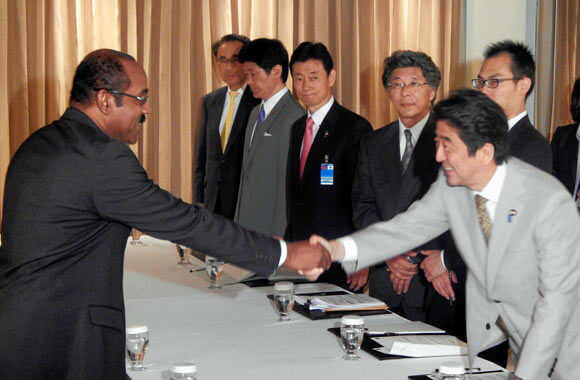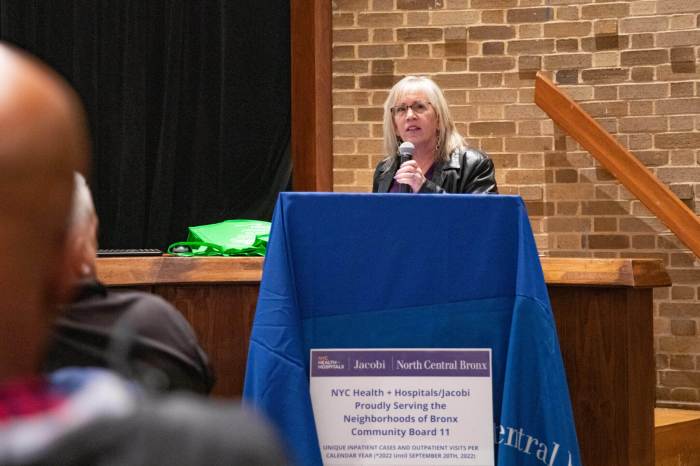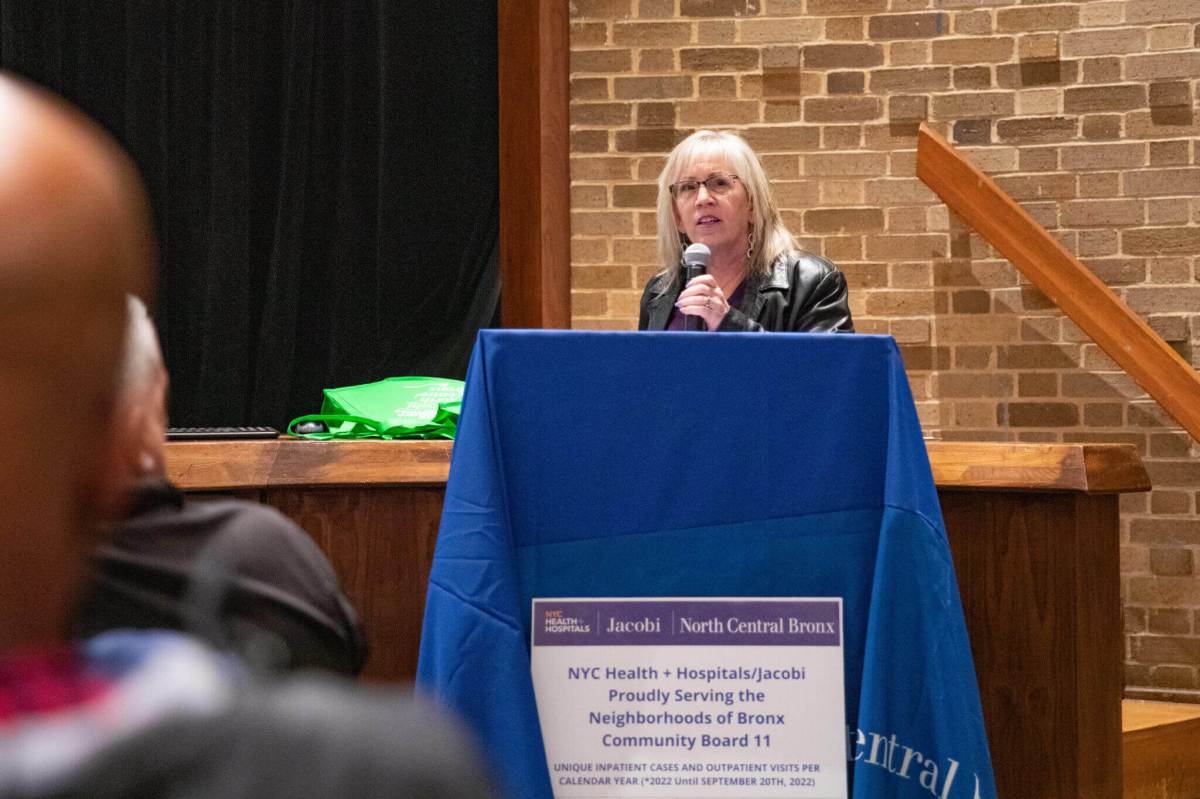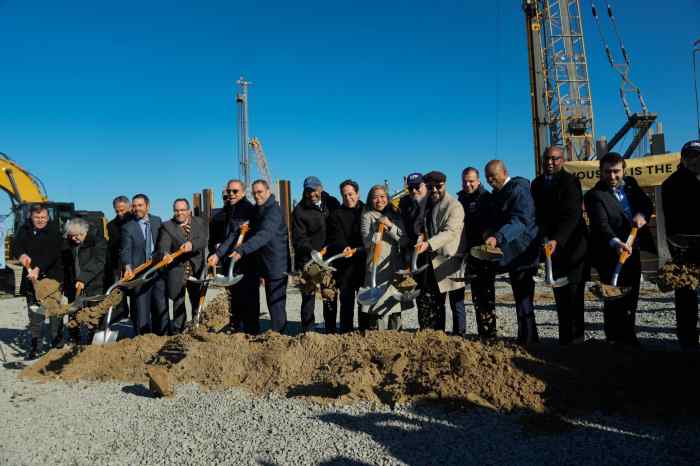Customs and other first responding agencies in the Caribbean apparently are slowly waking up to the fact that cars, other vehicles and spare parts from an area in Japan where a radioactive nuclear plant failed after a massive earthquake and tsunami more than three years ago, are being sneaked into various Caribbean countries, unbeknownst to people who should be alert to that possibility.
But thanks to vigilant customs officials in Jamaica and the alarm bells they rang last month after detecting unusually high levels of radiation on a 40-foot container transiting the island to Guyana, regional authorities say they will step up the levels of vigilance to ensure only sanitized vehicles make it onto roads in the Caribbean.
Until the discovery at one of Jamaica’s main world class transiting piers last month, vehicle and spare parts dealers like Guyanese Wilfred Bransford said that while they were aware that hundreds of vehicles were covered with contaminated water after the Fukushima Nuclear plant broke down in the aftermath of the disaster, they were unaware that polluted vehicles and parts had reached the region.
Bransford says that he will now insist that certificates of inspection be issued and he insists that the two dealers with whom he has been associating for more than a decade “would not risk their reputations” to send radioactive and contaminated vehicles to him in Guyana.
Still, the Guyanese health ministry surprisingly said that they had only become aware of the Jamaican interception last weekend and would now move to take action to step up monitoring. Head of Customs and Revenue Kurshid Sattaur said the matter is not that serious as he accused local media of over blowing and sensationalizing the issue unnecessarily.
But the region should have been on a higher level of alert for the past two years.
In late 2012, Jamaican authorities also discovered a passenger mini bus for a buyer on the island with similarly high levels of radioactive material on a city pier and impounded it as well but that very incident has only now come to light after the transiting Guyana container made news headlines. Both the container and mini bus are to be sent back to Japan.
Guyana has no Geiger Counter to measure or test imports from Japan or any other affected country for acceptable radiation levels. In fact, many of those questioned in recent days said they had never ever heard of such a piece of high tech testing equipment. Health Minister Bheri Ramsarran said only that “we will look into this serious matter,” while the head of the revenue and customs authority accused local media of sensationalizing the issue unnecessarily.
Thousands of cars, SUVs and other vehicles were washed out to sea or covered in radioactive water after the Fukushima Nuclear Plant was crippled both by the quake and the tsunami. Contaminated water poured into the Ocean for days, severely polluting the area and reducing it to a virtual ghost town.
As an indication of how some other countries are region are treating Japanese imports, Russian authorities recently turned away a shipment of 132 cars from Japan after these had also tested positive for high levels of radiation.
Jamaican Customs spokeswoman Velma Ricketts said the island, which is a major marine transshipment port, is lucky that the U.S. Department of Energy regularly monitors its work and that the country has sophisticated equipment to test for radiation.
“Once it is confirmed to be outside the acceptable levels, the shipment will not be released. There are a lot of things we are doing that people don’t know. We are very vigilant,” Customs Chief Richard Reese said.

















